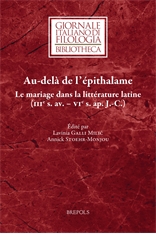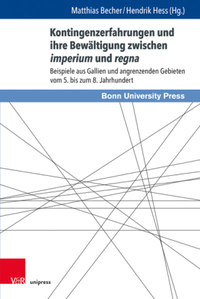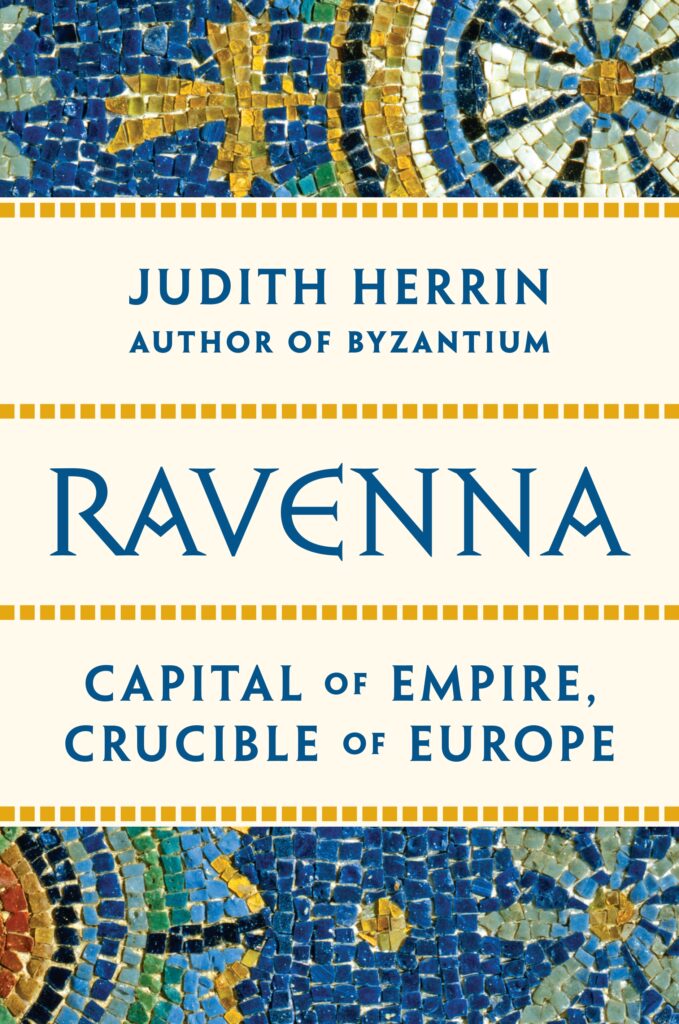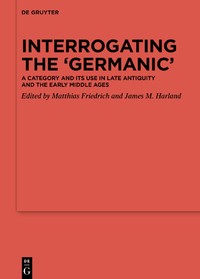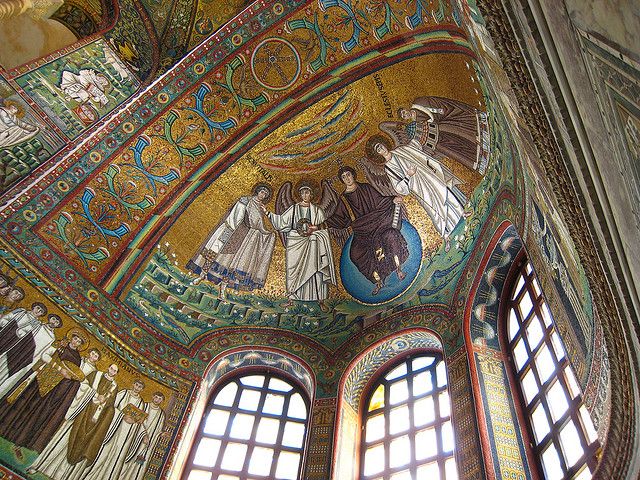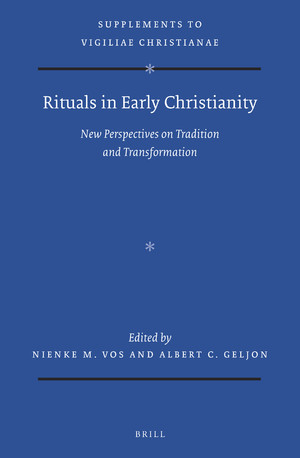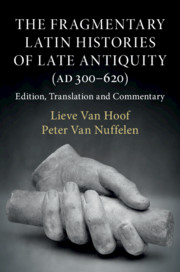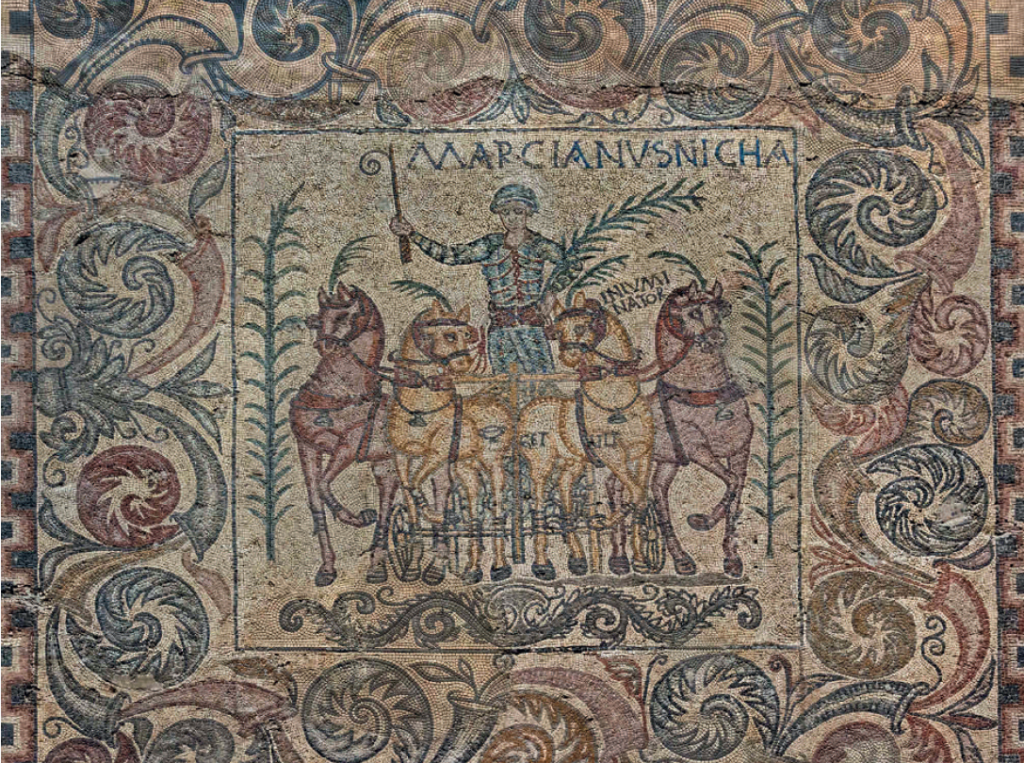In 2017, at the invitation of the University of Bonn, Joop van Waarden reflected on the SAxxi project and the Bonn Contingency project. Now out, in de proceedings of that day: ‘Das Sidonius- und das Kontingenz-Projekt im Spiegel der Theorie’, in: Matthias Becher and Hendrik Hess (eds), Kontingenzerfahrungen und ihre Bewältigung zwischen imperium und regna. Beispiele aus Gallien und angrenzenden Gebieten vom 5. bis zum 8. Jahrhundert, Göttingen: V&R unipress, 2021, 29-49.
The book’s blurb: In Gaul and neighbouring areas Late Antiquity and the Early Middle Ages were times of political upheaval, change and unpredictable dynamics. As alternative to historical metanarratives such as ‘fall/decline’, ‘continuity’ or ‘transformation’ the papers of this volume analyse the narrative modes of (coping with) contingency – understood as the space which makes coincidence possible and intelligible (following Luhmann, Rüsen and others) – in contemporary sources.

